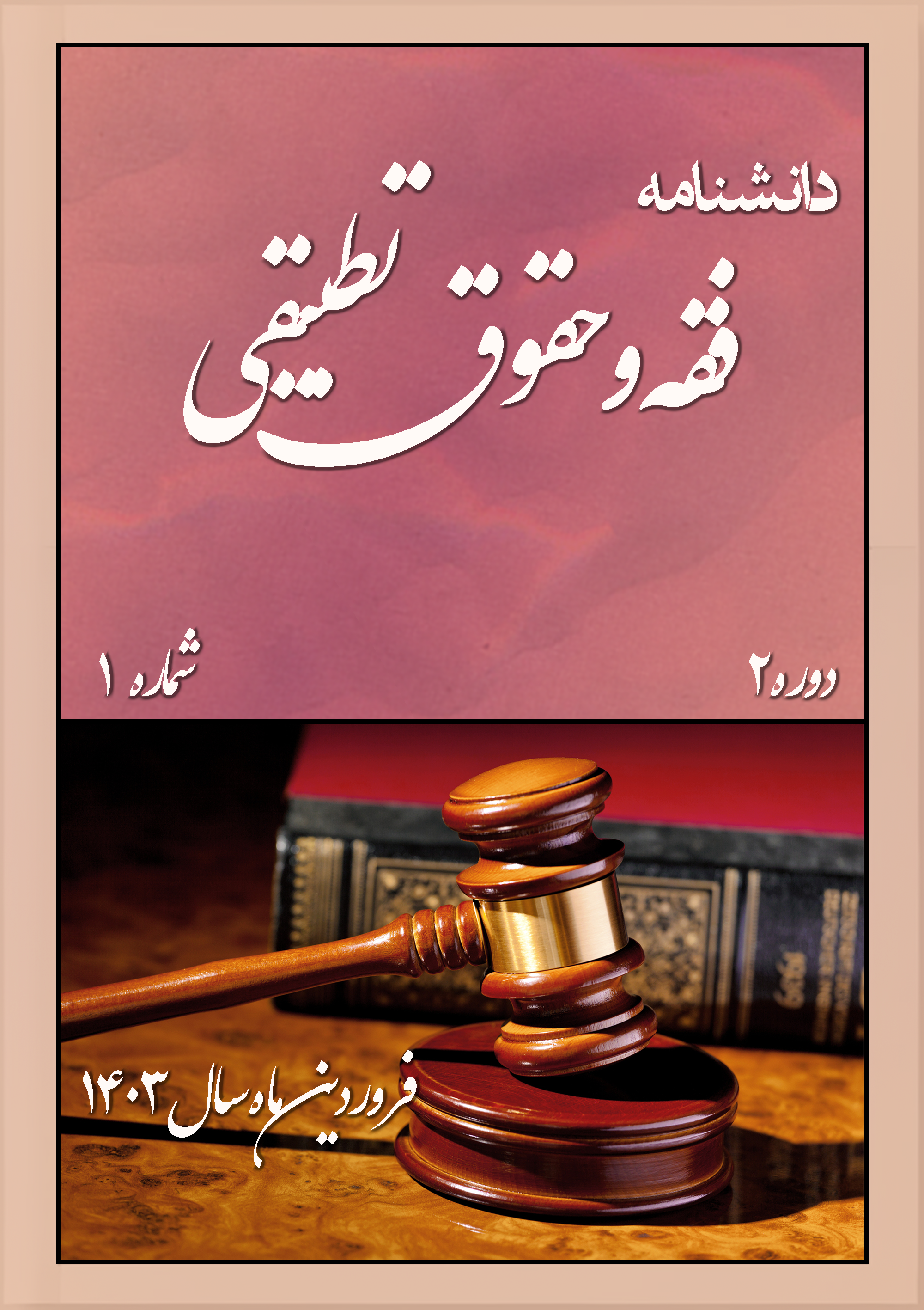Comparative Analysis of Immigrants' Rights Using the Theories of John Locke and Allameh Naeini
Keywords:
John Locke, Allameh Naeini, Immigrants' Rights, Natural Rights, Justice, International LawAbstract
This article presents a comparative analysis of immigrants' rights from the perspectives of two prominent thinkers, John Locke and Allameh Naeini. John Locke, as a representative of Western liberal philosophy, emphasizes natural rights and the social contract, believing that individual rights stem from nature and the initial state of humanity. In contrast, Allameh Naeini, one of the most distinguished Shia scholars and thinkers, emphasizes divine rights and the principles of Islamic Sharia. This article examines the philosophical and jurisprudential foundations of these two theorists, analyzing the compatibility of natural rights and property from their perspectives. Subsequently, the rights of immigrants are comparatively reviewed from the viewpoints of these thinkers, identifying similarities and differences. The study's findings indicate that both thinkers underscore the importance of immigrants' rights but utilize different theoretical foundations to support these rights. These differences can contribute to the formulation of multidimensional and comprehensive immigration policies that respect the fundamental rights and human dignity of immigrants in various societies. Finally, the practical applications of these theories in contemporary international law and recommendations for immigration policy-making are discussed.



















